Be a Better Plastic Consumer with Our 3 Tips
by Jacquelyn Farnsworth
In today’s world where plastic reigns supreme, it is not difficult to believe that there will be more plastic than fish in the ocean by 2050 (EMF).
Life Magazine first coined the term 'throwaway society' in the 1950s to refer to a lifestyle shift witnessed in post-World War II living: a new tendency to over consume short-lived disposable products with little to no concern about the consequences. Not surprisingly, with this new way of life came an enormous boom in plastic production.
In the six decades since then,
- An estimated 8.3 billion metric tons of plastic has been produced
- 68% of that plastic has been discarded or incinerated rather than recycled
- 5.7 billion metric tons of plastic has been sent to swim with the fishes and take up space in the world’s landfills
- That plastic will take 400-600 years to degrade
If this news is concerning, sad, and straight out depressing — you aren’t alone!
But don’t beat yourself up — old habits die hard. The echoes of past generations can still be heard, as eco-friendly habits, consumer-friendly recycling programs, and biodegradable ingredients and packaging remain elusive and difficult to come by. It seems like no one cares and this problem is only getting worse. But that’s not true!
Here at Spinster Sisters Co. we have made it our mission to do all we can to save the planet, one bar of soap at a time.
Spinster Sisters Co. is committed to utilizing recycled, recyclable, and/or biodegradable ingredients and packaging. Seriously, ALL of our products are not only hand crafted with ecologically sound ingredients, but our packaging is entirely biodegradable and/or recyclable as well.
We've learned a lot about packaging and plastics in our quest to make products with a light environmental footprint. The next time you're in the store, use these 3 tips to reduce your own consumption of harmful plastics.
Buy Fewer Liquids
The best way to reduce plastic consumption is to avoid plastics entirely. But some products, especially liquids, are really hard to package without some use of plastic. Companies like EcoLogic are making strides in this arena by making paperboard bottles with plastic liners, which we have our eye on for some products in the pipeline.
Another solution? Rethink the the liquid product and make it in a solid form. We think you can clean and condition your hair without the liquid shampoo and conditioner. Our shampoo and conditioner bars cut out the plastic bottle entirely by fitting inside a paper box made with with recyclable coating and ink.

Look for Bioplastic (and Biodegradable Plastic)
We started sourcing bioplastic sugarcane tubes in 2018 after getting excited about its net negative carbon footprint and sustainable production. Unfortunately, there are a lot of misconceptions about bioplastic, since it's easily confused with biodegradable plastic.
Sugarcane bioplastic is chemically identical to conventional plastic. What sets it apart is how it's made. Unlike conventional plastic made from petrochemicals, the polyethylene in our tubes is made from sugar. At the sugar mill, sugar juice is fermented and distilled to produce ethanol, which is treated to become ethylene, and then polyethelene — the most popular type of plastic in the world.
We use biodegradable plastic too, like our shrink wrap and cello bags made from corn, which decompose in 1-3 years. Biodegradable plastic is not great for packaging shelf-stable products, though, which is why you'll find our Body Butter in bioplastic tubes rather than a biodegradable bottle.

Use #1 PET or #2 HDPE
Almost all of our plastic packaging is made of #1 PET and #2 HDPE. Those two types of plastic are a) the most likely to be recycled, and b) the most likely to make it back into the chain of production and be made into new plastic (EPA). It goes without saying that we choose to use packaging made of PCR (post-consumer resin) or PIR (post-industrial resin) whenever possible.
Look at the bottles you're buying to see what number is printed on the label. If it says #1 or #2, it's way more likely that your recycling company will find a use for it.

Plastics will continue to surround us for the foreseeable future. A product packaged in plastic is often the most practical choice. We hope that new formats and better plastics are on the horizon, and we promise to be at the forefront!
As a consumer, you have the power to take a stand with your wallet and your voice. Create a world of eco-friendly products by supporting businesses that make responsible practices the norm. Stand up for what you believe, and we'll be standing there with you.
Please help us and the planet by sharing this article. Use the buttons below!

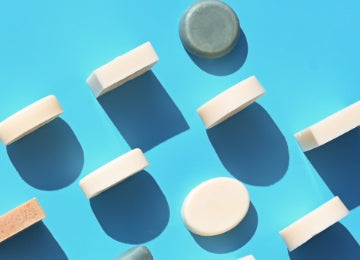
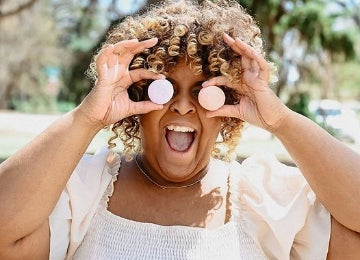
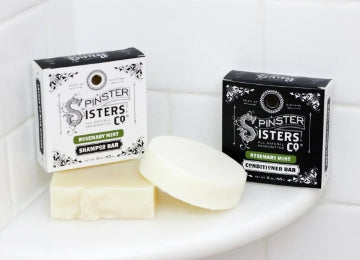
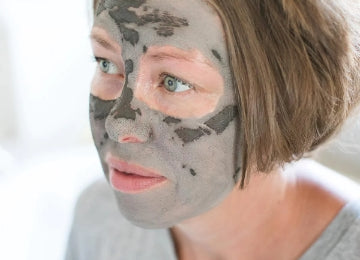
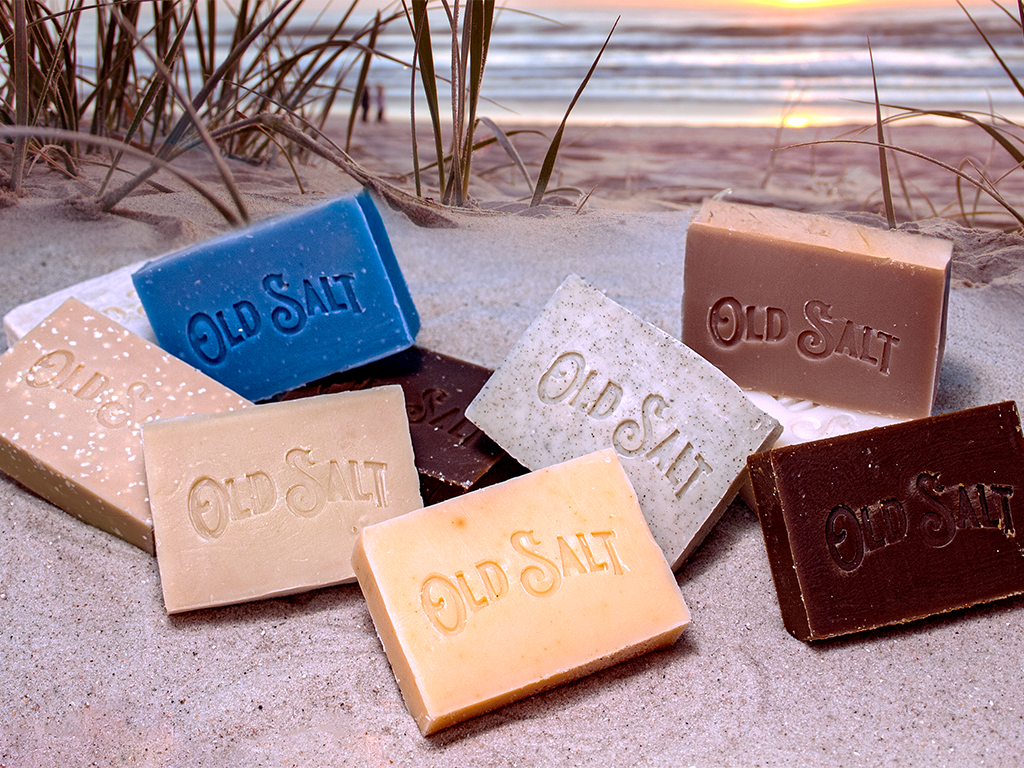




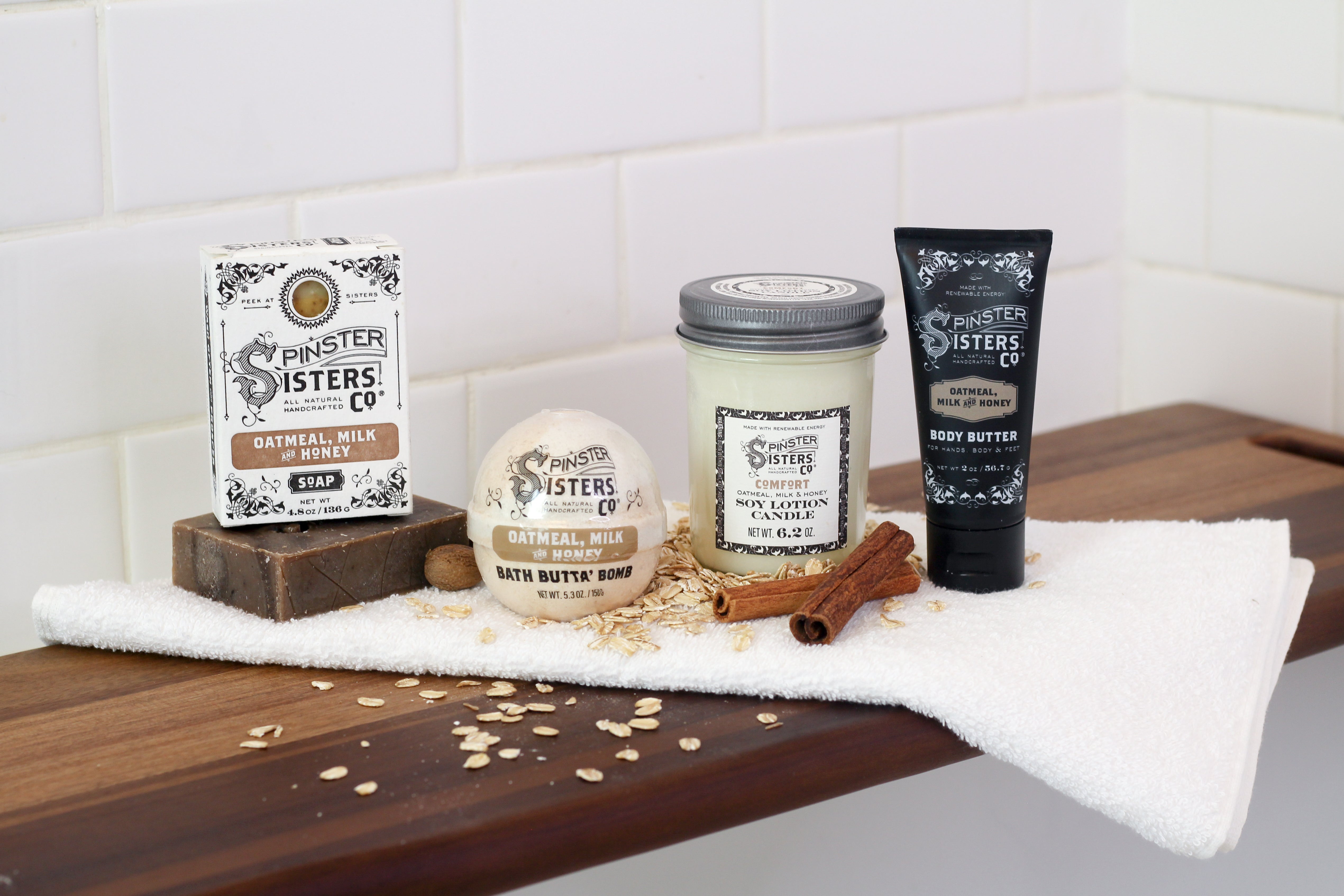
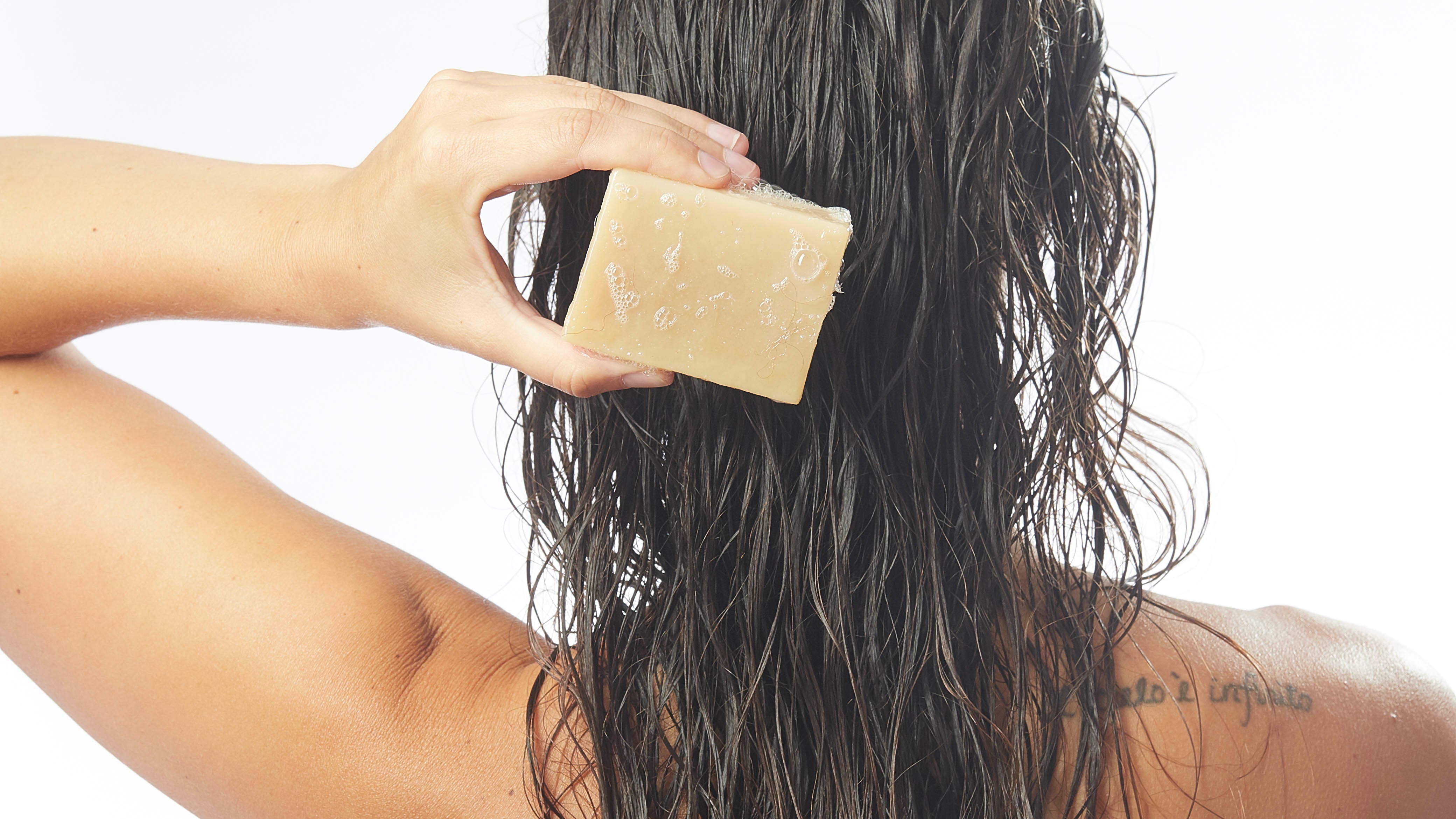
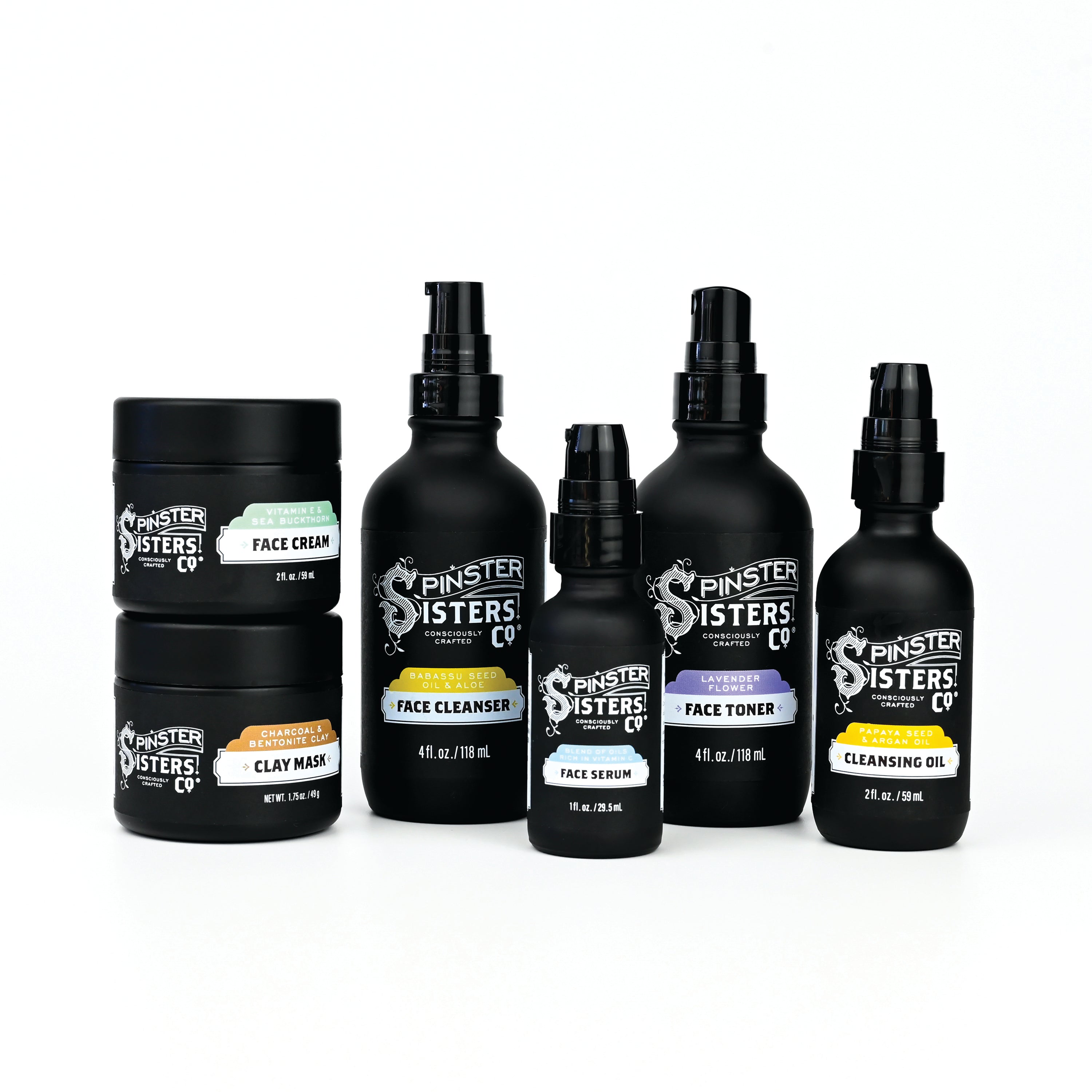
Great info! Thanks for reminding us all that buying products NOT packaged in plastic is the best way of managing plastic pollution.